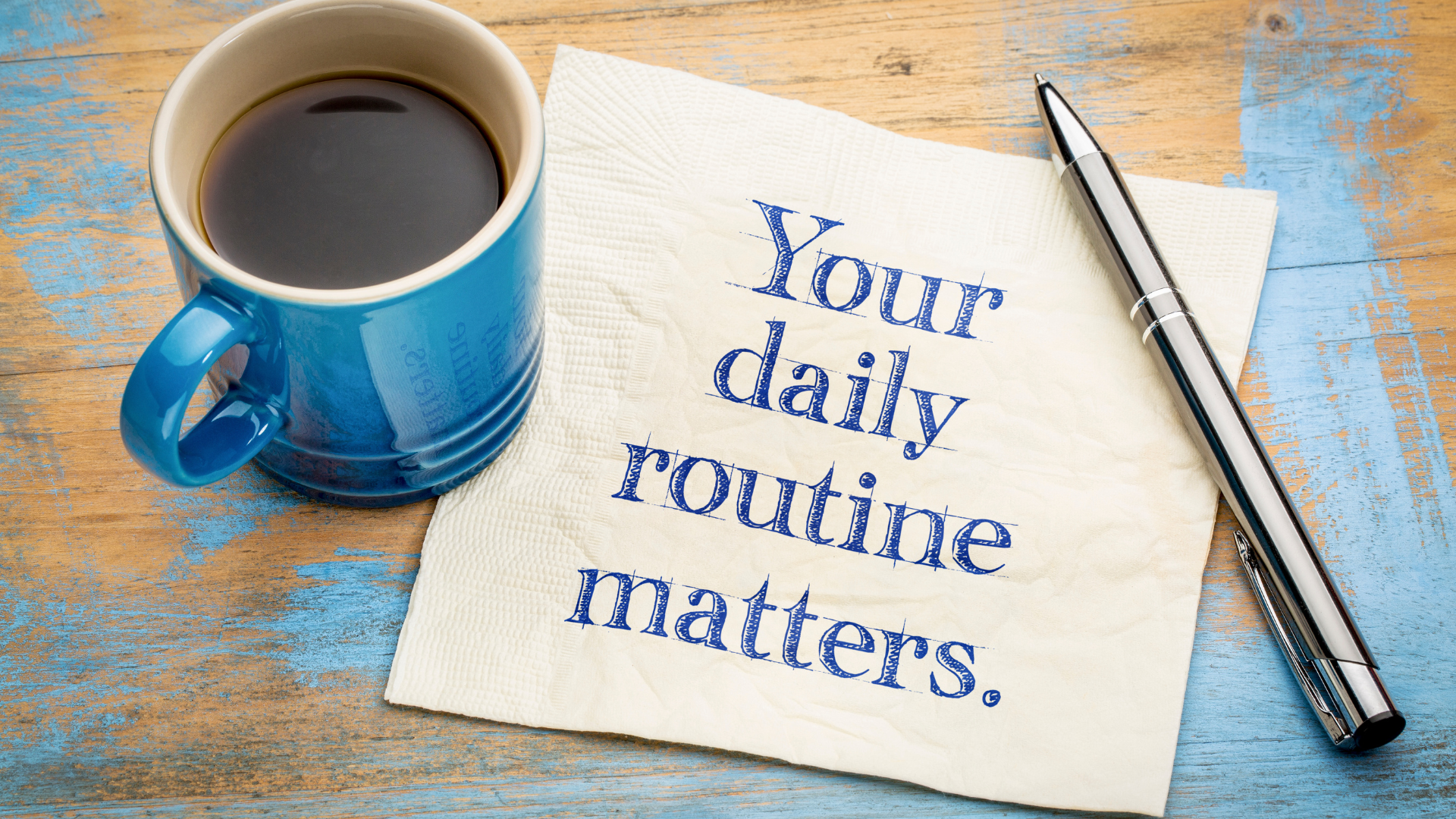6 Simple Self-Care Tips You Can Practice Every Day for a Healthier, Happier You
In our busy lives, it’s easy to overlook the importance of self-care. Whether you're managing work, studies, or family obligations, taking time for yourself is essential for maintaining physical, mental, and emotional well-being. Self-care doesn’t have to be complicated—small, intentional actions can make a big difference over time. Here are six simple self-care tips you can incorporate into your daily routine for a healthier, more balanced life.
1. Start Your Day with Gratitude 🌅
Before you dive into the hustle of the day, take a moment to reflect on what you're grateful for. Whether it's your health, a loved one, or even a good cup of coffee, focusing on the positive can set a positive tone for the day ahead.
How to do it: Keep a gratitude journal by your bed and jot down three things you're thankful for each morning. Starting the day with a grateful heart can boost your mood and provide clarity.
2. Nourish Your Body with Healthy Foods 🥗
What we put into our bodies directly impacts how we feel. Aim to nourish yourself with balanced, wholesome meals that give you sustained energy throughout the day. While treats are fine in moderation, focus on including more fruits, vegetables, lean proteins, and whole grains in your diet.
- How to do it: Try meal prepping at the start of the week, so healthy options are always within reach, even on your busiest days. Keep a water bottle nearby to stay hydrated, which is also key for staying alert and focused.
3. Move Your Body Regularly 🚶♀️
Exercise is one of the most effective ways to boost mood, reduce stress, and improve overall well-being. You don’t need a complicated workout routine—even a short walk, some stretching, or dancing around the house can make a huge difference.
- How to do it: Aim for at least 30 minutes of movement each day, whether it's a brisk walk, a yoga session, or simple stretching. Incorporating physical activity into your routine can help clear your mind and boost your energy.
4. Take Time to Breathe and Reflect 🌬️
Life can get hectic, but practicing mindfulness or meditation—even for just a few minutes each day—can help you stay grounded and manage stress more effectively. It’s a great way to check in with yourself and reset your mindset throughout the day.
- How to do it: Set aside five to ten minutes each day for deep breathing exercises or guided meditation. Apps like Calm or Headspace can help if you’re just starting out.
5. Disconnect and Unwind 📱💤
In a world filled with constant connectivity, it’s essential to unplug and give yourself some tech-free time. Whether it’s an hour before bed or a short break during the day, stepping away from screens can help reduce mental fatigue and improve focus.
- How to do it: Set a specific time each day to step away from your phone, computer, and TV. Use that time to read, journal, take a bath, or simply enjoy some quiet reflection.
6. Get Quality Sleep 😴
Good sleep is one of the most important aspects of self-care. Without it, both your body and mind can’t function at their best. Prioritizing restful sleep can improve your mood, concentration, and overall health.
- How to do it: Create a relaxing bedtime routine—dim the lights, avoid electronics at least an hour before bed, and stick to a regular sleep schedule. Aim for 7-9 hours of sleep each night to wake up feeling refreshed and recharged.
Self-care isn’t selfish—it’s essential for maintaining your overall well-being. By incorporating these simple self-care practices into your daily routine, you can nurture your body, mind, and spirit. Remember, taking care of yourself allows you to show up as your best self in all areas of your life. Start small, be consistent, and enjoy the positive impact it has on your health and happiness!





